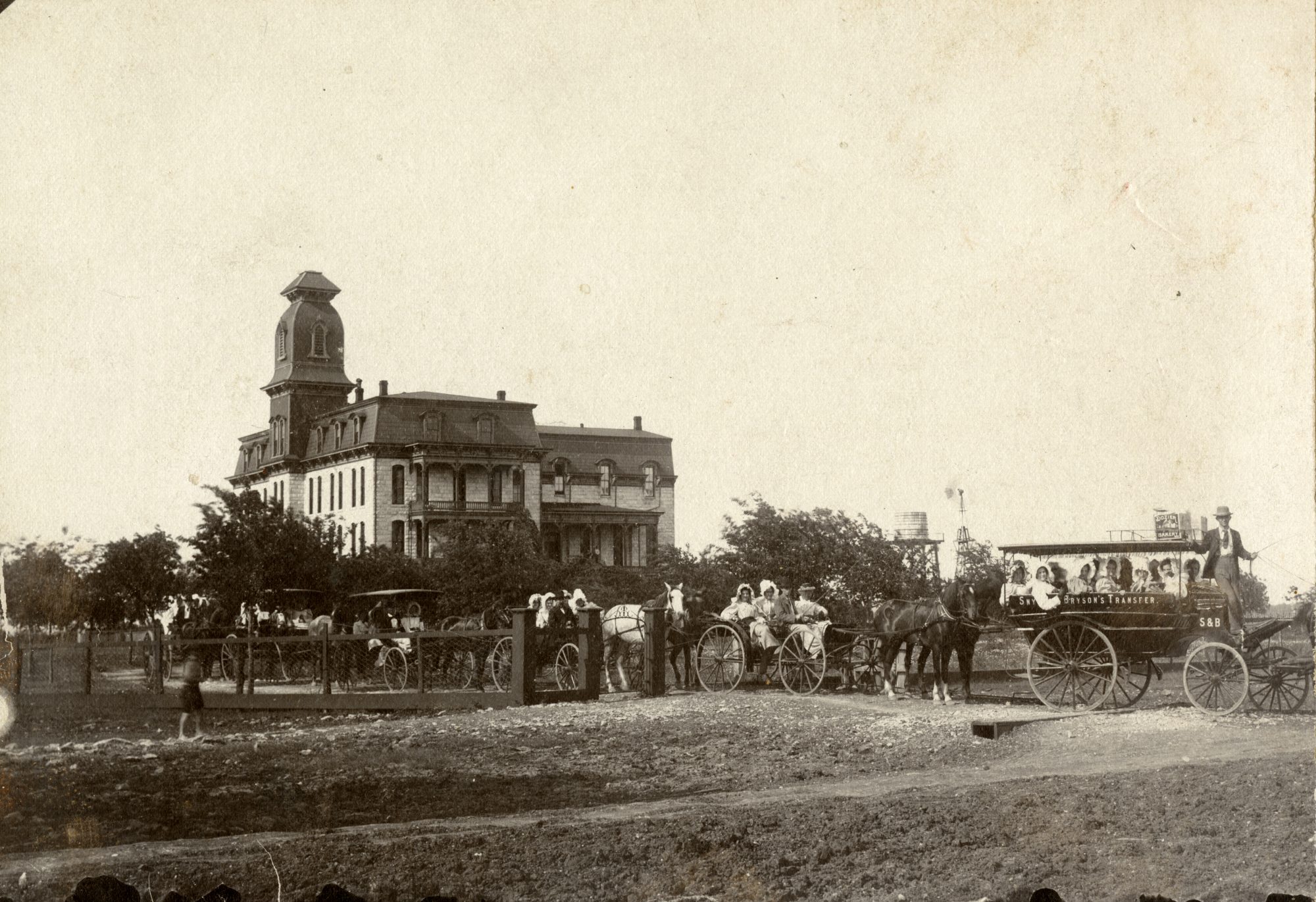As the Christmas holidays approach and the library’s perennial Christmas tree of books (comprised entirely of volumes bound in green, of course!) shines bright downstairs in Periodicals, it seemed only natural to dig around in the archives for some of the Christmas cards we have here in Special Collections. Continue reading “A Special Collections Christmas”
Heteroglossia, Libraries, and the Tower of Babel
In an attempt to describe the essential features of the novel, the Russian literary critic Mikhail Bakhtin (1895-1975) selected the enigmatic term “heteroglossia.” The concept of heteroglossia encompasses the novel’s unique tendency to be a “heteroglot, multi-voiced, multi-styled, and often multi-languaged” literary form, as compared to poetry, drama, or the epic.[1] For Bakhtin, the novel stands apart, a distinctive member of the realm of Literature, precisely because it combines such a diverse conglomeration of voices – those of social classes, ethnic groups, generations, political ideologies, etc.[2]
Continue reading “Heteroglossia, Libraries, and the Tower of Babel”
